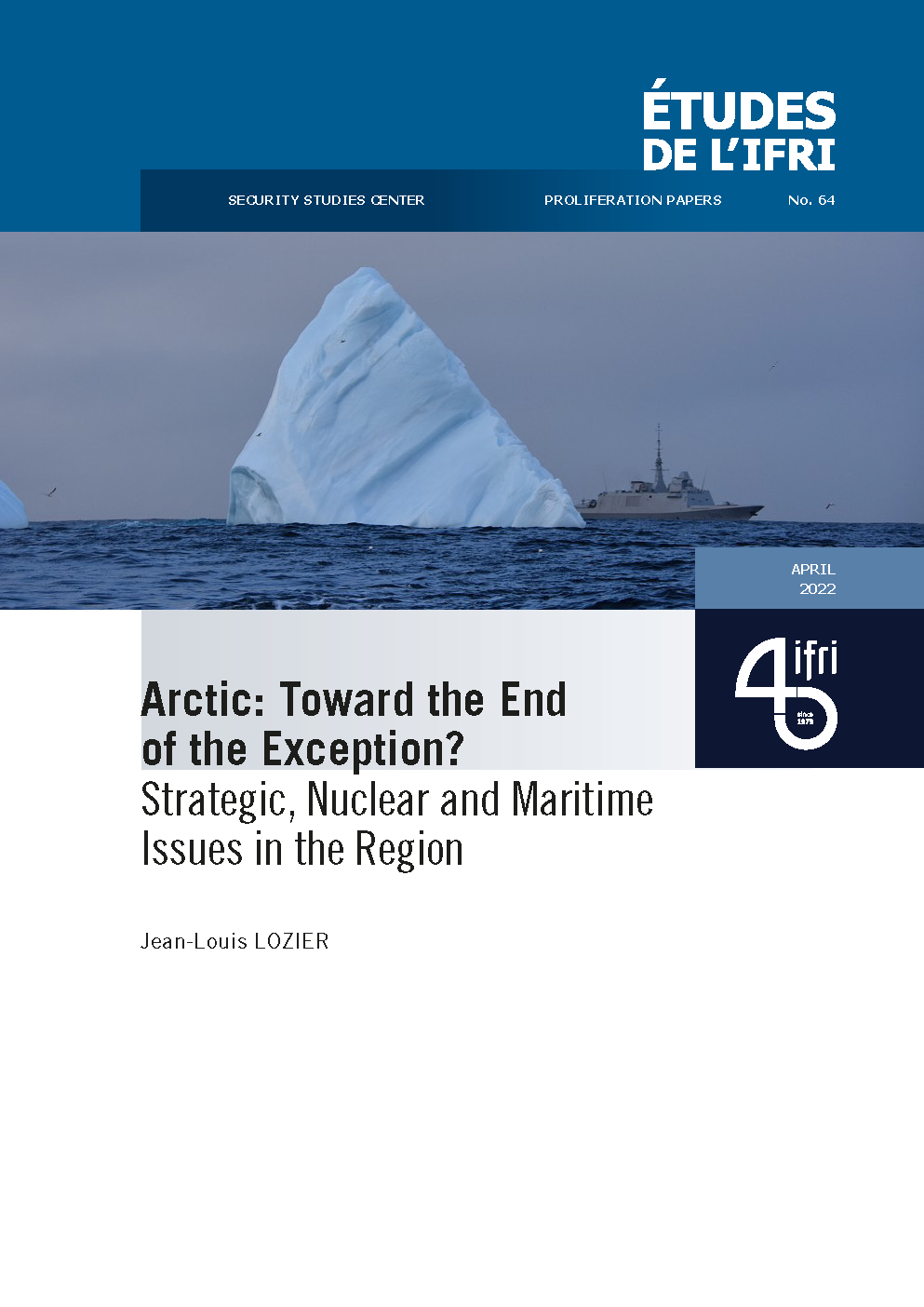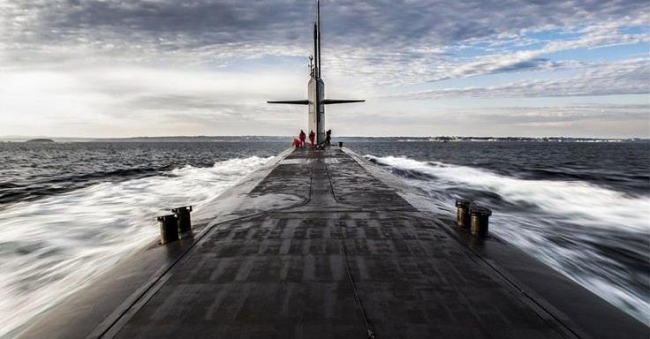Arctic: Toward the End of the Exception? Strategic, Nuclear and Maritime Issues in the Region

Through multiple international initiatives, including the creation of the Arctic Council at the end of the Cold War in 1996, the Arctic appears to be one of the last areas of peaceful cooperation in the world. This “Arctic exception” is also devoid of any serious territorial dispute between the neighboring countries, some of which are nevertheless great powers: Russia, the United States, Canada, but also Sweden, Norway, Denmark (via Greenland), Iceland and Finland.

However, this peaceful cooperation is not exempt from strategic rivalries: for some years now, these States in the Arctic have been redefining their strategic postures, notably through the publication of roadmaps and the deployment of new military forces trained to fight in this hostile environment. Russia thus remains the dominant power in the Arctic, in the face of a China with growing ambitions and a Western world – represented in particular by the United States – which is lagging behind after years concentrated on other military conflicts. Furthermore, the war in Ukraine that started in February 2022 also carry the germs of a broader destabilization of the region.
Conventional competition is therefore renewed between these great powers, while the nuclear balance is partially maintained. It is indeed worth noticing that the Arctic is an area of direct contact between the Russian Federation and the United States. As such, it had a special significance during the Cold War as the shortest route between both adversaries for a potential ballistic missile and was a privileged position for deploying chains of radars and advanced detection systems.
Finally, the shrinkage of the ice pack caused by global warming is also triggering the neighboring or more distant states’ greed, whether through the drilling possibilities for raw materials under the ice floe or the creation of new maritime routes. The latter would notably enable Russia to revitalize its northern flank and offer alternatives to existing transit routes.
This content is also available in French: "Arctique : vers la fin de l’exception ? Enjeux stratégiques, nucléaires et maritimes".

Available in:
Regions and themes
ISBN / ISSN
Share
Download the full analysis
This page contains only a summary of our work. If you would like to have access to all the information from our research on the subject, you can download the full version in PDF format.
Arctic: Toward the End of the Exception? Strategic, Nuclear and Maritime Issues in the Region
Related centers and programs
Discover our other research centers and programsFind out more
Discover all our analysesThe Franco-German Brigade and the Revival of European Defense
One thing has been clear since Donald Trump's return to the White House: the very existence of the European unification project is threatened. Unless it develops a sovereign defense policy to counter the war in Ukraine and the weakening of American security guarantees, the European Union will continue to see its internal cohesion and external attractiveness wane.
Taking the Pulse: Can Europeans Build Their Independent Extended Nuclear Deterrent?
Confronted with a U.S. disengagement and the Russian threat, Europeans are reconsidering their stance on nuclear deterrence. Given the capabilities of the French and British arsenals, can Europe develop an independent nuclear deterrent?

RAMSES 2024. A World to Be Remade
For its 42nd edition, RAMSES 2024 identifies three major challenges for 2024.
A Transatlantic Defense Industrial Base? Two Contrasting Views
The evolving landscape of global defense cooperation has brought the transatlantic relationship between the United States (US) and Europe into sharp focus. As geopolitical tensions rise and the threat environment becomes more complex, the question of how Europe can best ensure its security while navigating its relationship with the United States has become paramount. This double feature report offers two contrasting views on the dynamics of US-Europe defense industrial relations, highlighting the challenges and opportunities that lie ahead for both parties.











